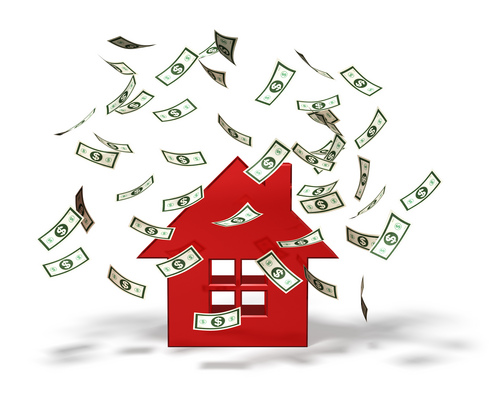 With today’s historic-low interest rates and real estate more affordable than it has been in years, now may be the time to consider whether it makes sense to rent anymore.
With today’s historic-low interest rates and real estate more affordable than it has been in years, now may be the time to consider whether it makes sense to rent anymore.
In fact, according to data collected by Trulia’s Rent vs. Buy Index, which gathers information on asking prices for rental units and homes across the country, it is now more affordable to buy than rent in a whopping 98 out of the 100 largest metropolitan areas in the country. Even the largest markets of New York, Los Angeles and Boston are kinder to home buyers than renters.
Homeownership is More Affordable than Ever
Rent prices continue to rise across the country or, at the very least, remain stagnant, while homeownership is becoming more affordable than ever. Although this news is great for many individuals, it can cause trouble for renters who are unable to purchase a home. In addition, higher rents mean that they may have less money to set aside for the down payment on a home, thereby leaving them in a predicament that leaves them going nowhere fast.
Lower Vacancies Equate to Higher Rent Prices
The number of buyers unable to purchase a home means that the demand for renting becomes greater and rent prices increase. A lower rent supply equates to rising rents, which compounds the problem for renters. The median national rent is currently at $712 per month, while the average monthly mortgage payment is just $647. Industry experts expect that decreased vacancies in the home rental market will continue to push rent prices higher, and most expect rent prices to increase by as much as 5 percent by 2013.
Only in two cities is renting cheaper than buying: San Francisco and Honolulu. In general, it is the areas where homes are most expensive in areas that have greater long-term economic growth and less area to build new homes, such as Boston and the San Francisco Bay area. Home prices, therefore, in these areas are expected to increase faster over time than other areas.
Areas where buying is usually always cheaper than renting are typically those areas of slow growth, high vacancy rates and plenty of land to build new homes, like Detroit and Cleveland. As such, homes prices in these areas are unlikely to improve anytime soon.
Consider your Housing Options
First It is important to understand the advantages and disadvantages to both buying and renting when considering your housing options. Consider the vacancy rates in the area, the rent prices, the rate at which rent prices are rising, and the area’s long-term growth. It is also important to consider the benefits of homeownership, such as investment and tax benefits, as well as current interest rates, as this could ultimately affect whether or not you are able to purchase a home that will save you money over renting. Finally, consider where home values are heading in the area of choice, as this will ultimately determine whether buying a home is a good long-term investment
Posted by Richard Soto on
Leave A Comment